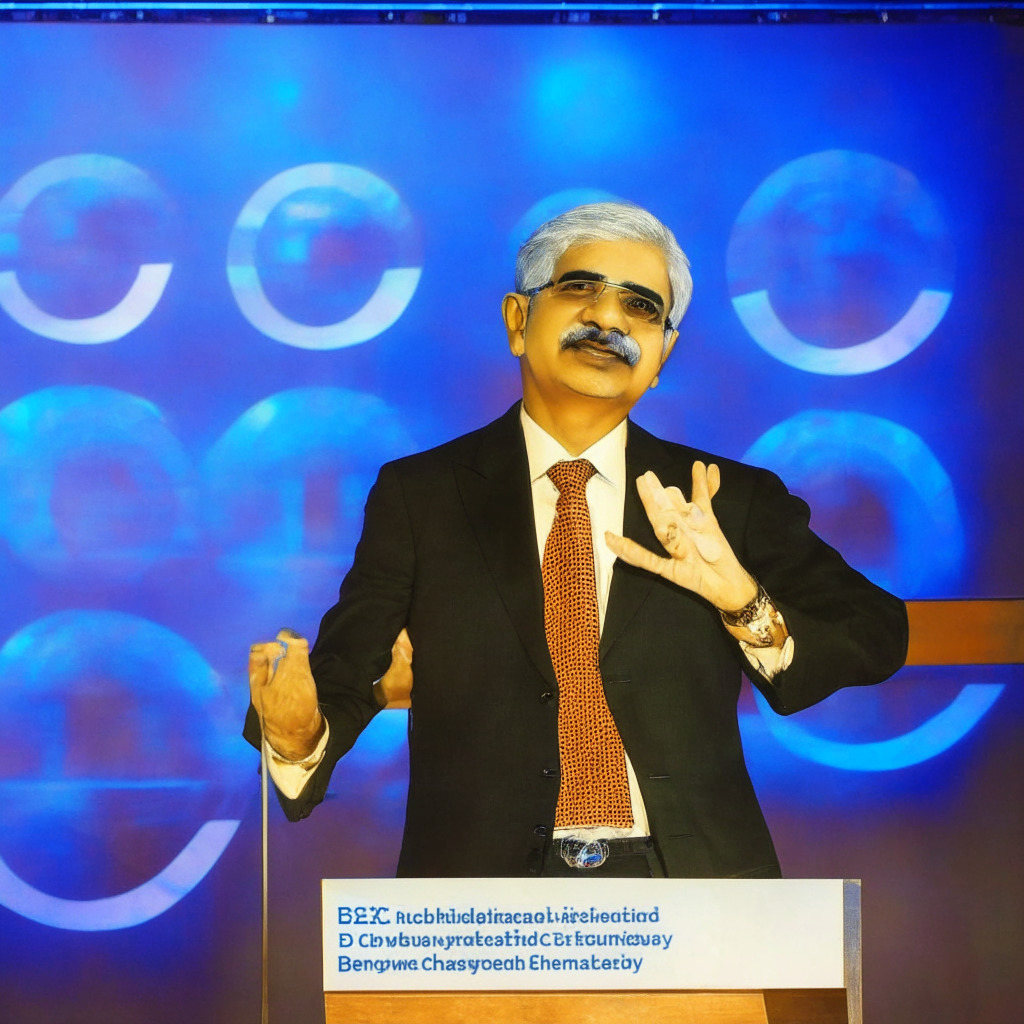The ever-growing popularity of blockchain technology has attracted a diverse array of individuals, institutions, and even governments to study its potential for transforming various industries. The proponents argue that this decentralized ledger technology could bring about a level of transparency, efficiency, and security that has never been seen before. On the other hand, skeptics question its practicality, scalability, and potential risks associated with it. Here, we delve into the two perspectives and try to understand the future of blockchain technology in different aspects of our lives.
The blockchain’s data structure, consisting of a chain of blocks, offers tamper-proof records with time-stamped transactions that are visible to everyone. This minimizes the possibility of fraud and enhances the trustworthiness of the records. Its decentralization also eliminates the need for intermediaries, providing a cost-effective and prompt alternative for various traditional processes. For instance, in the financial services industry, blockchain can make cross-border transactions faster and cheaper. Other sectors like supply chain management, healthcare, and even voting can also benefit from this technology.
However, not everyone is entirely sold on the idea. Some critics argue that blockchain’s scalability may be its Achilles’ heel. As the size of the chain grows and more nodes are added, the processing time can be consequently longer. Additionally, the requirement of significant computational power and energy consumption by Bitcoin mining activities has raised concerns regarding the environmental impact, prompting influential figures like Elon Musk to reconsider their support for cryptocurrencies.
One of the heated discussions surrounding blockchain pertains to security and privacy. While most proponents consider the technology to be exceptionally secure, others outline the risks associated with centralization of mining power, which brings the possibility of a 51% attack. Furthermore, privacy is a double-edged sword; the transparent nature of blockchain can secure transactions but also raises concerns about exposing sensitive information and enabling surveillance.
The adoption of blockchain technology by governments and financial institutions has been a highly debated topic. Countries like China, the United Arab Emirates, and Estonia are actively exploring blockchain’s potential for varied applications. At the same time, numerous private banks and tech giants such as JP Morgan, IBM, and Microsoft are investing in blockchain solutions. However, some worry that this interest might compromise the decentralized nature of the ecosystem.
Another contentious issue is the regulation of the blockchain and cryptocurrency space. While cryptocurrency exchanges like Binance have been making efforts to comply with regulatory requirements, the absence of a common global regulatory framework often leads to uncertainties and challenges in cross-border transactions.
In conclusion, the future of blockchain technology is a complex topic, balancing its potential for revolutionizing various industries with valid concerns and challenges. Despite the skepticism, developing innovative solutions to its problems can help unlock the true potential of blockchain technology, ultimately leading to its successful integration into various aspects of our lives.
Source: Cointelegraph




